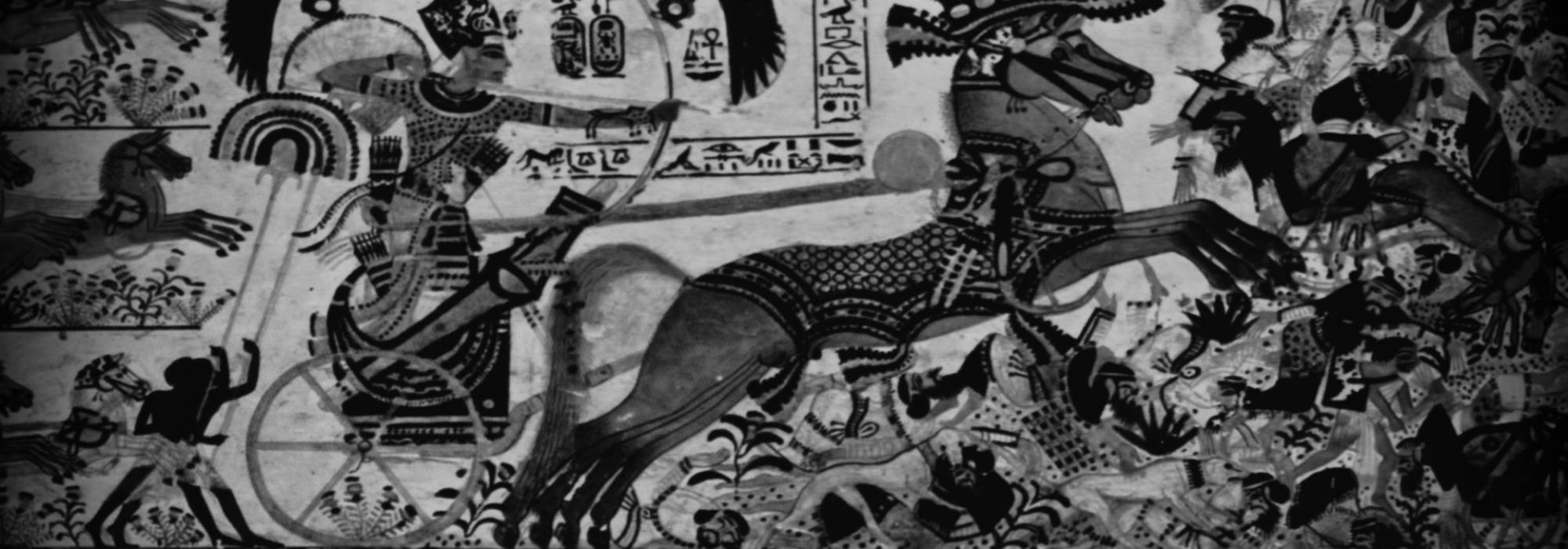गोविन्द-नन्दनतया च वपुःश्रिया च
मास्मिन्नृपे कुरुत कामधियं तरुण्यः ।
अस्त्री-करोति जगतां विषये स्मर स्त्रीः
अस्त्रीजनः पुनरनेन विधीयते स्त्रीः ॥
Sriharsha, the great exponent of Sanskrit poetry in 12th century C.E., was erudition and creativity personified. Srihira and Mamalladevi were his parents. His Naishadhiya-charitam is one among the pancha maha-kavyas (five epic-poems).
In the days of yore, engaging in debates used to be the favourite pastime of the learned. Royal courts played host to such debates. Sriharsha’s father, a great scholar, once went to the palace of Jayachandra, the king of Kanyakubja, seeking a debate with the resident scholar Udayanacharya. But he was no match for him. Srīhira had to accept defeat to save his grace. He was thoroughly disappointed, and was ready to do anything to see Udayanacharya defeated in debate. To this end, he tirelessly trained his son.
Sriharsha grew up to be an eminent scholar in all branches of knowledge. He also appeased Vindhya-vasini-devi through chintamani-mantra and became invincible in debate. He then proceeded to Kanyakubja, certain of defeating Udayanacharya.
He entered the royal court while praising the king. He composed this verse on the spot and recited it with gusto:
This king has Govinda as his father and is smart-looking
But girls, do not mistake him for Manmatha
Why? While Manmatha uses women to win over the world,
this king removes the might from men and makes them women!
Sriharsha was an impeccable wordsmith; this verse is testimony of that. Playing with words, he employed the best weapon in his arsenal to appease the king – pun (श्लेष).
Likening their heroes to Manmatha is a favourite simile of Sanskrit poets. The king Jayachandra was charming to look at. If our story involved an ordinary poet, Manmatha would have been summoned immediately to bear resemblance with the king. But Sriharsha is no ordinary poet. He starts off his verse with an innocent reference to the king’s father Govinda, and builds on it in the second line to give the word a different meaning. It now means Manmatha, the son of Govinda (Vishnu). He then asks the ladies to be wary of this Manmatha-like king. Don’t fall for him, he warns. Why?
Manmatha uses women as missiles (अस्त्री-करोति) to conquer the world – everyone knows that. How does that have a bearing on Manmatha resembling the king? Linguistically, says Sriharsha. अस्त्रीजनः (ones with weapons, i.e., enemies) are effortlessly crushed by the king. With their might subdued, they become weaklings like women (अस्त्रीजनः पुनरनेन विधीयते स्त्रीः).
Needless to say, the king was bowled over by this exhibition of verbal gymnastics. He honoured Sriharsha.
Translated from Kannada by Shashi Kiran B. N.
(The original article is from the anthology Kavitegondu Kathe.)













































